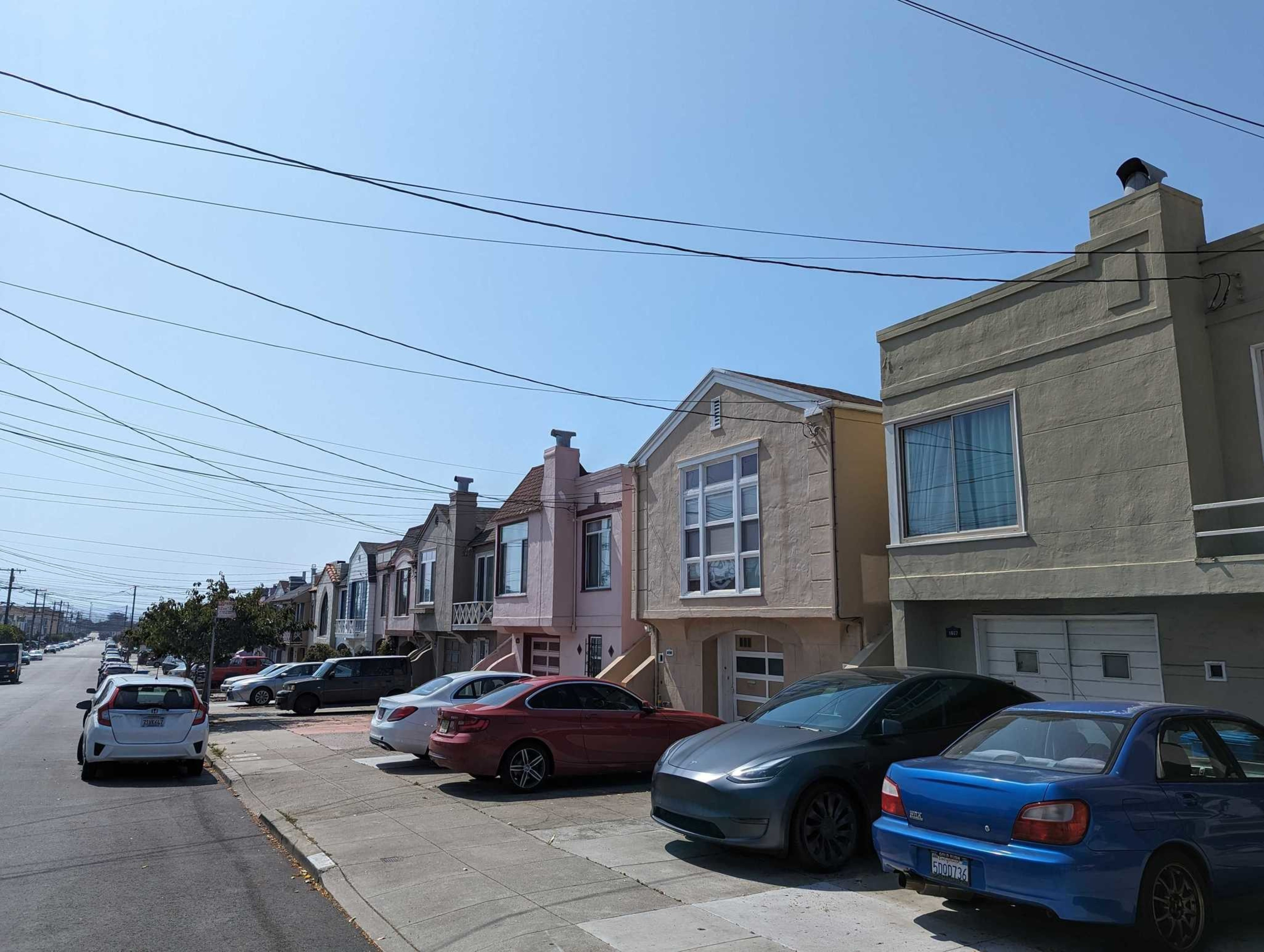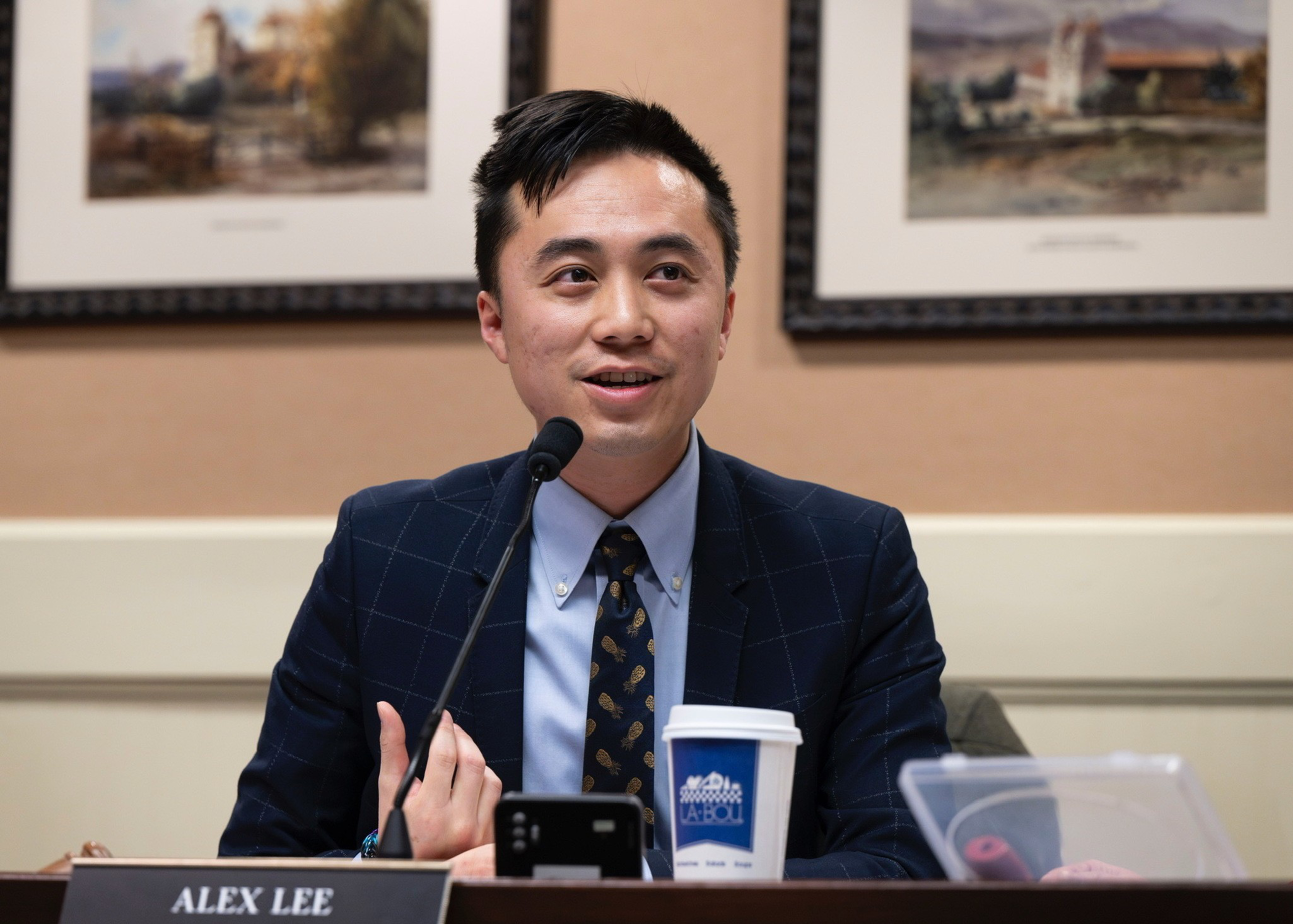Buying a home for the first time is becoming increasingly out of reach. In San Francisco for example, the minimum yearly income needed to afford a starter home last year was $251,190, according to one analysis.
While a shortage of homes undoubtedly plays a crucial role in driving up prices, a San Jose lawmaker is now going after corporations he says have been profiting off the crisis and making the problem worse.
Assemblymember Alex Lee introduced a bill (opens in new tab), AB 2584, last week that would prevent any company that already owns more than 1,000 single-family homes in California from purchasing more properties and converting them into rentals.
“First-time homebuyers are not able to compete with cash offers from these large corporate firms,” Lee said in a statement. “These corporations are taking homeownership opportunities away from hard-working Californians and exacerbating the scarcity of single-family homes.”
As written, the bill would authorize the state attorney general to go after violators in court. If they are found guilty, the business entity would have to pay a penalty of $100,000 for each violation and could be forced to sell the property to an independent third party within a year of the court judgment.
The 1,000 home cutoff was likely chosen so as to not unfairly exclude “mom-and-pop” investors, according to Ryan Lundquist, a certified residential appraiser in Sacramento who used tax billing data to map out how one firm ended up owning more than 10,000 homes (opens in new tab) in California.
That company is Invitation Homes, which is also the largest owner of single-family homes in the Bay Area. Last month, the Dallas-based company agreed to pay $3.72 million in civil penalties and refunds to resolve allegations that it illegally raised the rents on hundreds of homes.

The phenomenon of “Wall Street” becoming landlords (opens in new tab) was born out of the 2008 subprime mortgage crisis when hundreds of thousands of homes were foreclosed upon, Lundquist explained.
“Invitation Homes was incredibly savvy,” Lundquist said. “They entered the market when it was at its very bottom, targeted neighborhoods that were attractive to first-time homebuyers, bought [single-family homes] dirt cheap and rode the wave of exponential rent growth.”
According to an analysis by the State Library’s California Research Bureau (opens in new tab), besides Invitation Homes, there are four other business entities that own more than 1,000 single-family homes.
Lundquist added: “I get that people aren’t a fan of restricting who can buy what. We normally wouldn’t tell investors that they can’t go buy shares of Apple stock, but we don’t live in stock. These are homes, and for a lot of people, residential real estate is one of the few ways they can build generational wealth.”
Invitation Homes did not respond to a request for comment.
David Howard, chief executive of the National Rental Home Council, a group that represents single-family home rental providers, said that while he agrees there is a dire shortage of supply fueling the state’s housing crisis, he finds Lee’s targeting of institutional investors misguided and lacking context.
Howard cited national figures by Freddie Mac that showed large investors in the single-family home renting business own less than 3% of the total housing stock (opens in new tab) in the U.S.
Moreover, he also pointed to a Redfin analysis that showed that only one-third of all home purchases last year were bought with all cash (opens in new tab) as evidence that potential homeowners compete with other homeowners much more than they do with large rental providers.
“This bill only makes housing less attainable and affordable,” Howard said. “Instead of attacking housing providers, the council would rather Assemblymember Lee consider working with the housing industry to create legislation encouraging and incentivizing expanded development in California’s housing market.”

One study (opens in new tab) co-authored by academics at the University of Southern California and Arizona State University last year said it could not find any evidence that single-family home rental companies crowd out homebuyers or increase home prices.
When presented with those arguments, Lee said his bill was only part of a broader approach meant to tackle the state’s housing crisis, not a panacea.
Last year, another bill he authored, AB 1490—intended to streamline the conversion of existing buildings into housing—was signed into law. And on Thursday, he also rolled out a bill to create a “social housing” development agency (opens in new tab) in California, citing Singapore and Austria as models.
Social housing is a type of public housing where private money is used to subsidize government-run housing where rents are capped for tenants based on their income level.
“Every corporate-bought single-family home is another ownership unit taken away from the limited stock that would traditionally be available to families who are buying their first homes,” Lee said.
AB 2584 will be heard in committee on March 16.
